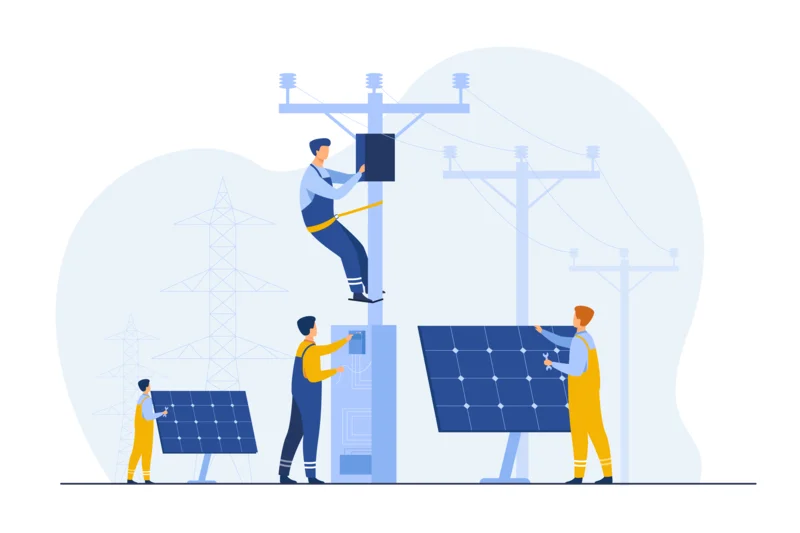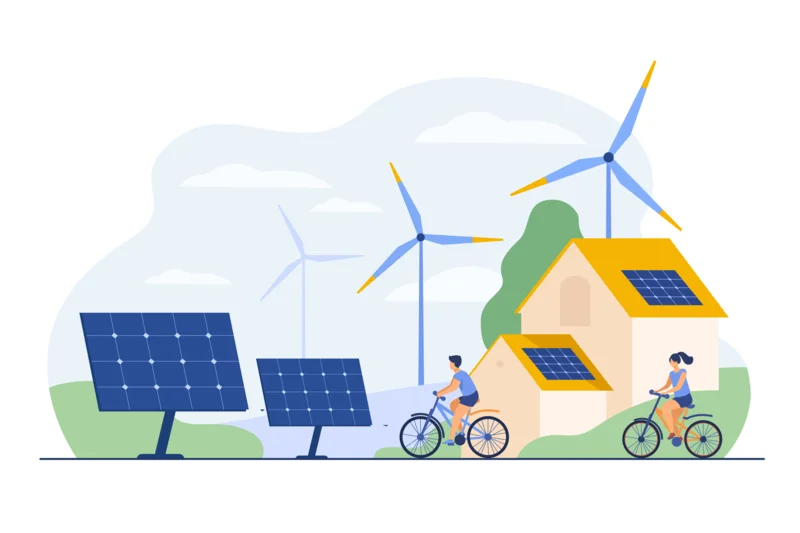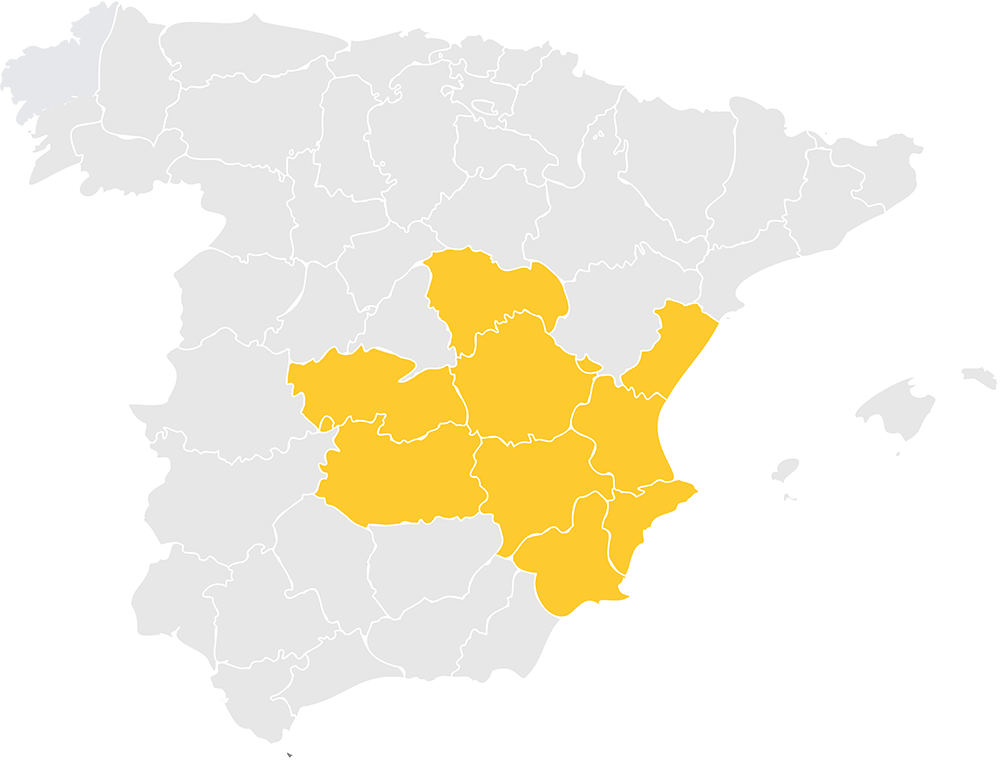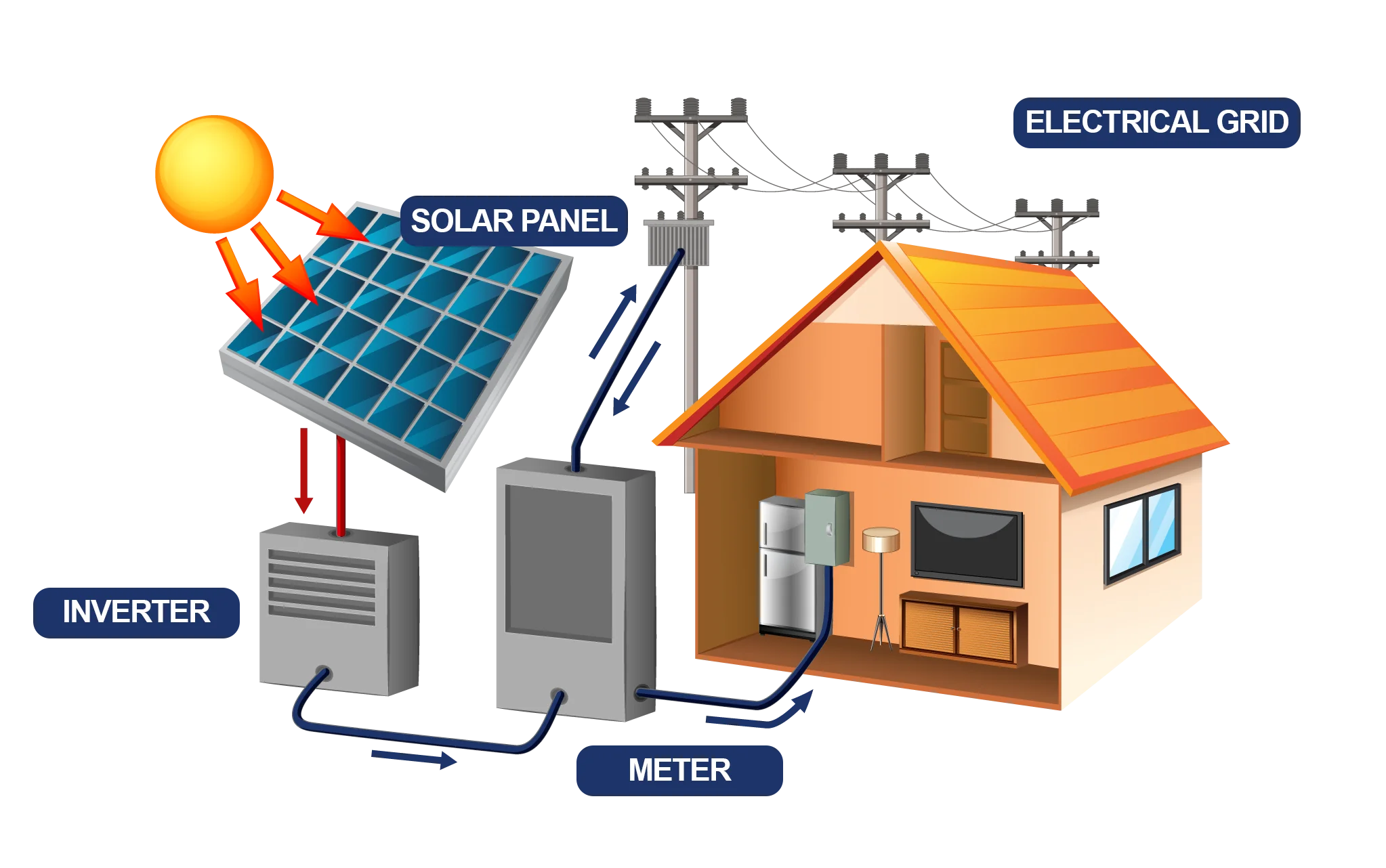Solar panels and self-consumption
At PROYECTER we are experts in solar panels for companies in Valencian Community, Castilla La Mancha and Region of Murcia. Specialists in photovoltaic self-consumption.
Advantages for your home
Savings on your bill
Reduce your electricity bill consumption by up to 60% and receive a payment for the surpluses you pour into the network.
Efficiency
When installing solar panels with us, the production of your installation is guaranteed for 25 years.
Warranty
We use the best photovoltaic equipment. At PROYECTER we work with leading brands.
How self-consumption works
Although installing solar panels for your home may seem complicated at first, the reality is that it is a fairly simple process.
Self-consumption occurs when solar panels transform the sun’s energy into electrical energy. The direct current is later transformed into alternating current by an inverter for use in your home.


Types of self-consumption
Self-consumption can be divided into two main types: connected self-consumption and isolated self-consumption.
Self-consumption connected to the network is one in which your home is connected to the distribution network and at the same time to a system of solar panels. It has the advantage that if you have excess energy, you can pour it into the network and be compensated for it.
Isolated self-consumption implies total disconnection from the network, which also implies, in principle, a greater investment due to the need to use, for example, batteries.
Self-consumption inn communities and companies
Another type of self-consumption is the one that occurs when installing solar panels for communities or solar panels for companies.
This type of self-consumption is known as shared and, for example, can be used for common areas such as corridors, garages and swimming pools.
In the case of industrial self-consumption, the operation is the same as for houses and communities, and it is very interesting because most companies consume electricity during daylight hours.

Parts of a self-consumption system

Solar panel
Solar panels are placed on your roof or deck and generate energy during the day.
Inverter
The inverter transforms the direct current from the panels into alternating current, which is what you use at home.
Meter
When it’s sunny, the energy you need comes from your solar panels. At night, the network ensures that you don’t lack supply.
Electrical grid
If you do not spend the energy you generate, the surpluses you inject into the network are compensated in your bill.
